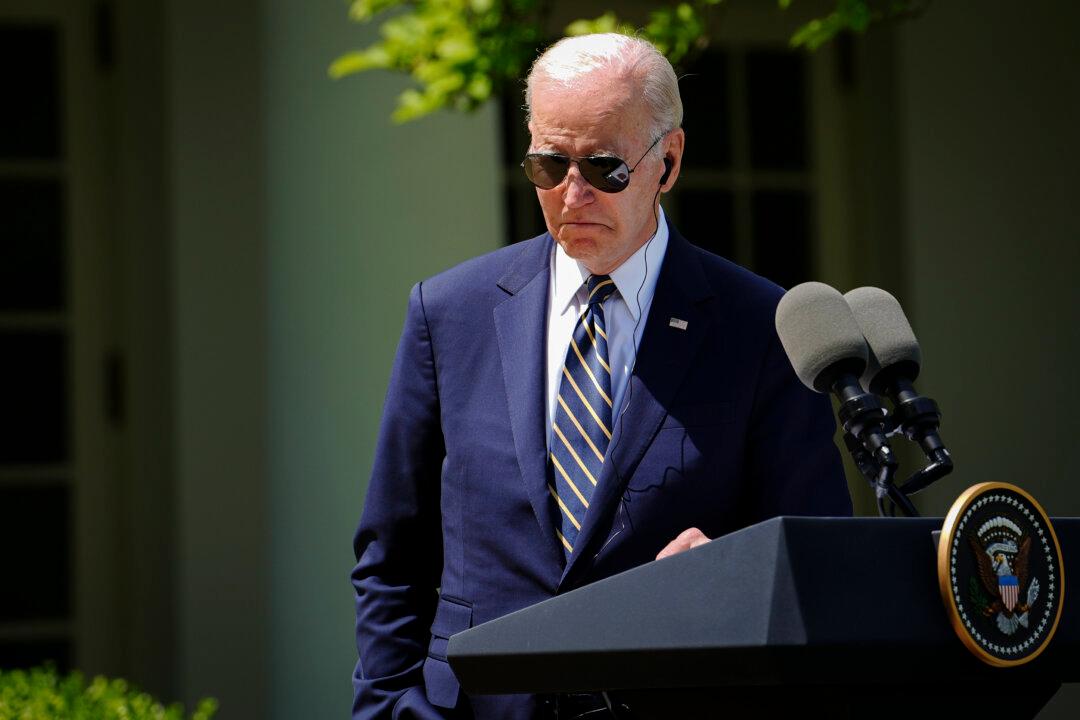An appeals court has dealt the Biden administration a blow in a censorship-by-proxy lawsuit brought by two Republican attorneys general, with the court expanding a ban on the Biden administration’s contacts with social media companies include the Cybersecurity and Infrastructure Security Agency (CISA), which pushed platforms to crack down on “mis-, dis-, and mal-information.”
The Fifth Circuit Court of Appeals has added CISA to a list of government agencies that a preliminary injunction issued earlier this year banned from contacting social media companies to censor constitutionally protected free speech.





